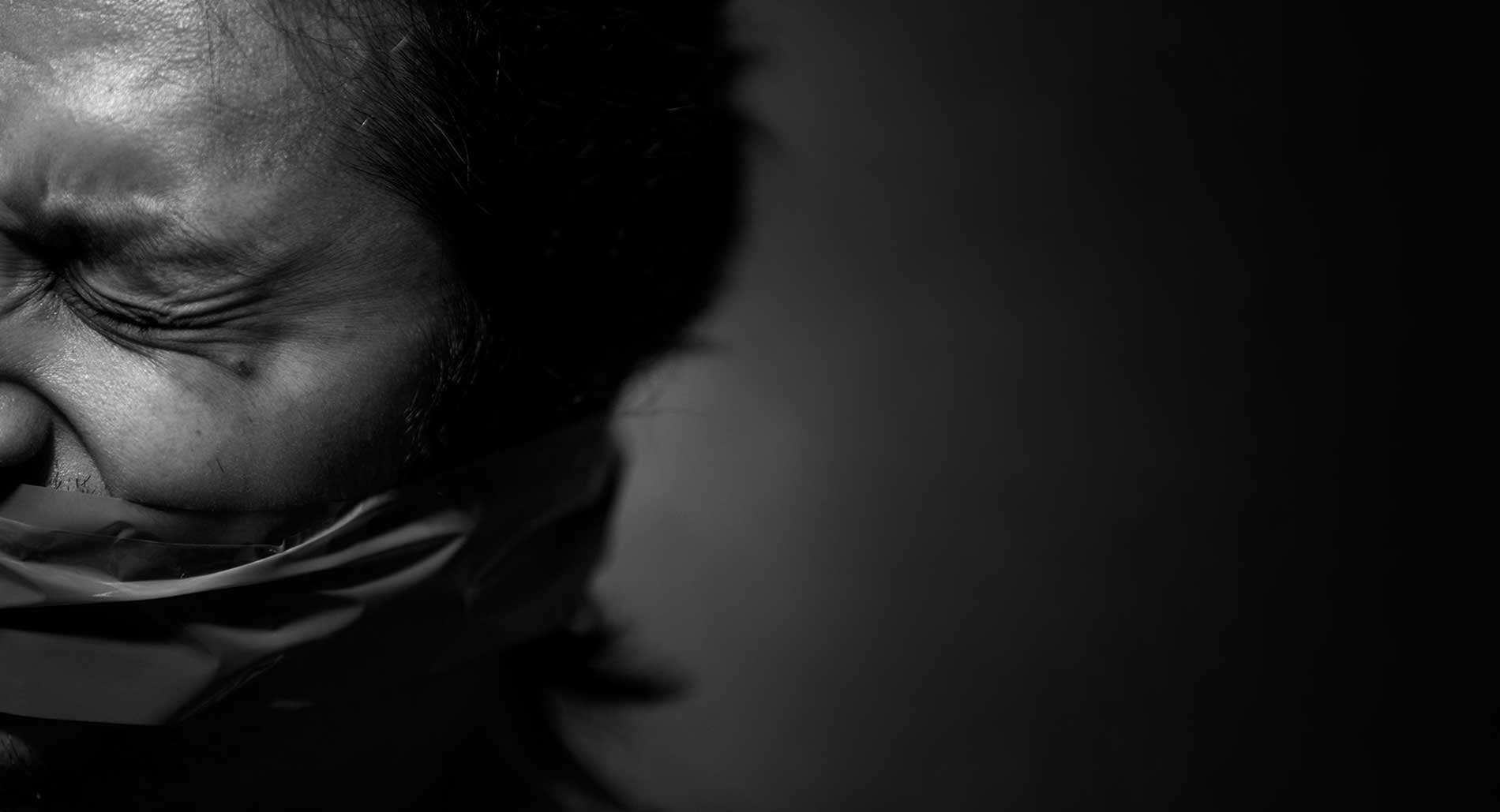You may have noticed a lot of coverage of Belarus in the last month, particularly after Belarusian Olympic 200m sprinter Krystsina Tsimanouskaya was granted a humanitarian visa to stay in Poland after refusing an order to return home from the Belarusian government.
August 2020 Protests
In August of 2020, mass protests erupted across Belarus following a heavily contested election result.
The highly controversial election of August 2020, saw hundreds of thousands of Belarusians become involved in political protests across the nation. President Lukashenka’s regime has governed Belarus for more than 26 years but has recently faced significant resistance from an opposition coalition led by presidential candidate Svyatlana Tsikhanouskaya. In the 2020 election Lukashenka’s government was said to have received 80% of the votes. However, these results were disputed, and there are widespread concerns of electoral fraud.
Opposition to Lukashenka and the election remains overwhelmingly peaceful; beyond marches and protests, many demonstrate dissent by singing, performing poetry, picketing or wearing colours of ‘opposition’. Many protesters were actually only mobilised by these shocking reports of violence, torture and arbitrary imprisonment at the hands of government forces.
Freedom of Press Since the Protests
Following the protests there have been increasing efforts from the Belarusian government to curtail opposition and dissent through the targeting of individuals and media outlets.
Independent journalists have been harassed, arrested, tortured and imprisoned, while media outlets have had their licences suspended or been prevented from carrying out their work. The government has used smear campaigns, political arrests and raids on homes and offices to instil a fear of persecution for many journalists. International outlets have been unable to report uncensored material and internet blackouts have been used to prevent efficient communication.
In May of this year online independent media organisation TUT.by had its licence revoked and was forced to discontinue operating after it was accused of publishing ‘prohibited information’. On May 18th the TUT.by offices were raided by police and several journalists were arrested.
Following the raid Amnesty International’s Senior Campaigner on Belarus, Aisha Jung, said:
“This is a cowardly step taken by a government which fears truth and resorts to brutal measures to suppress human rights. It must end its suffocating crackdown on independent voices and immediately reverse the blocking of TUT.by.”
“The blocking of the TUT.by website is a full-scale assault on the right to freedom of expression and media freedom in Belarus, and leaves a gaping wound in the country’s access to independent sources of information. The scope of this attack cannot be underestimated since about half of Belarusian internet users refer to TUT.by for news, forums and other services.”
Why is a Free Press Important?
Now more than ever, securing a free press is important in Belarus and beyond. By supporting a free press we hold governments accountable and ensure human rights abuses are recorded and challenged. A free press is a vital part of a just and equal society.
Authoritarianism is on the rise, often encroaching on basic human rights, seemingly in the interest of national security. Press freedom has never been more important in delivering verified facts and truth to protect human rights and vulnerable communities around the globe.
Fauziah Ibrahim, Television Judge of the Amnesty International Australia Media Awards 2021
You can support journalists working to maintain a free press by entering the Amnesty International Australia Media Awards 2021, which are held to recognise excellence in reporting of human rights issues in the Australian media.
Each year the awards acknowledge those Australian media stories that have presented a fair and balanced report of a human rights issue, highlighted hidden abuses and encouraged an audience’s greater understanding of a human rights issue.
If you aren’t a journalist, cartoonist, photographer or presenter you can also follow the awards through our social media channels, or nominate your favourite journalists to take part.
